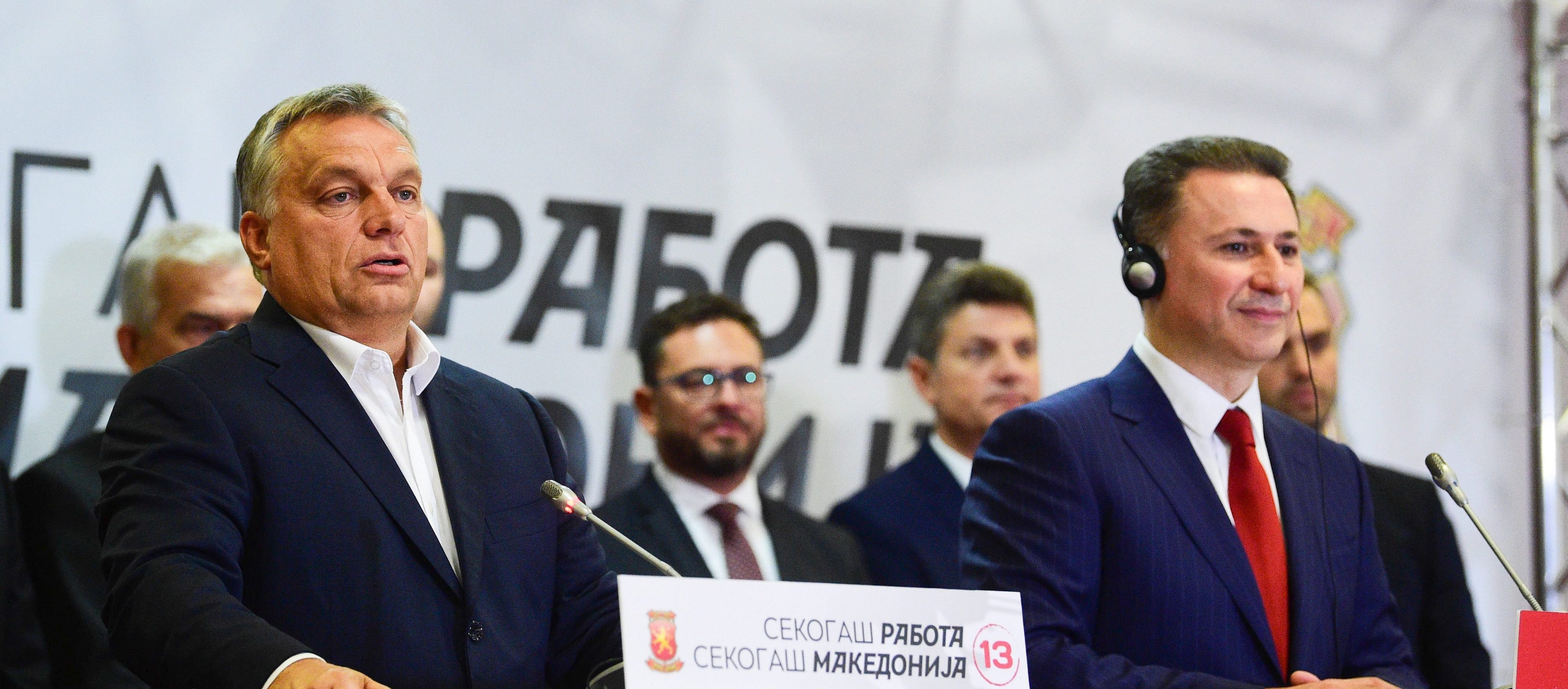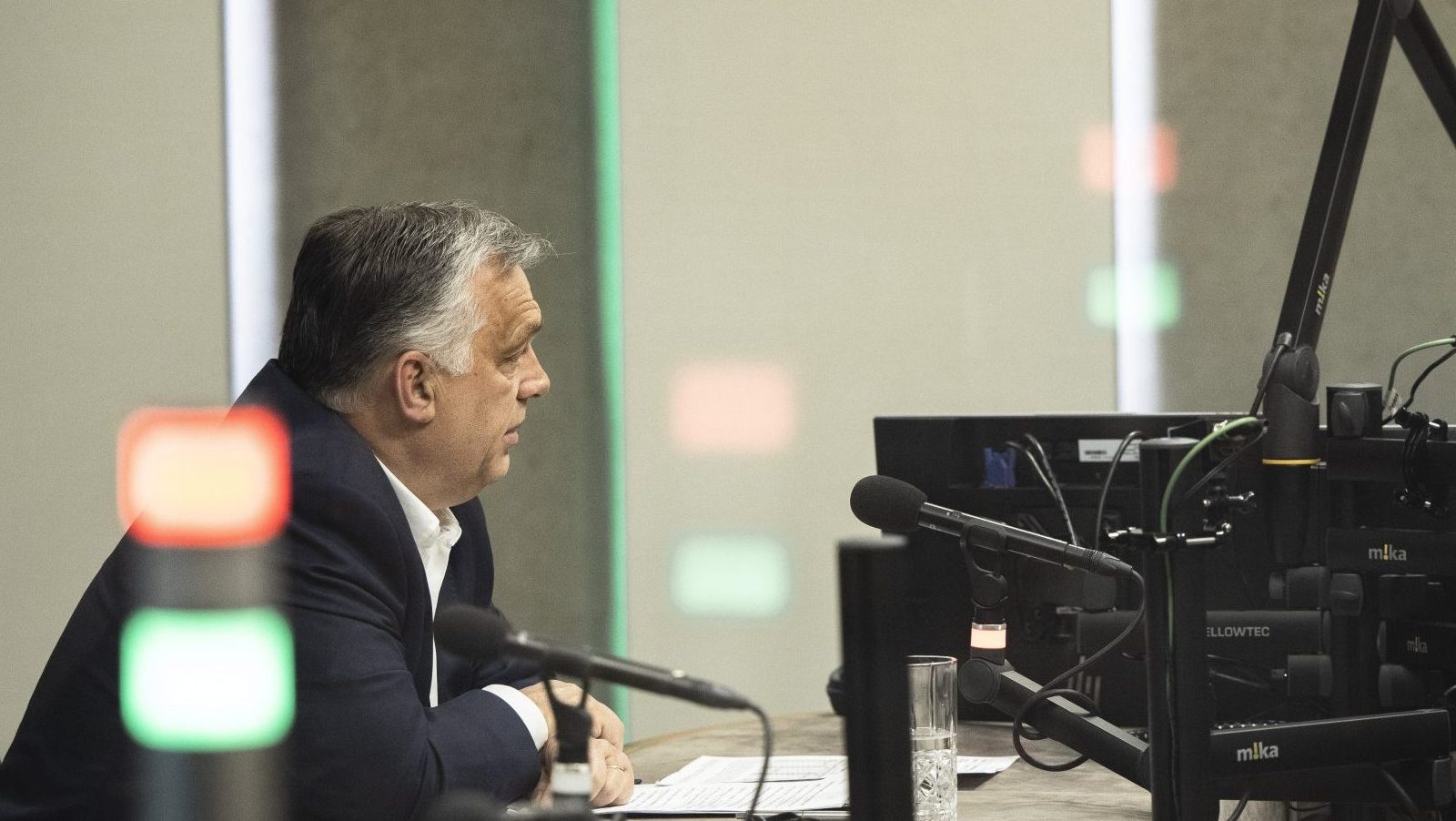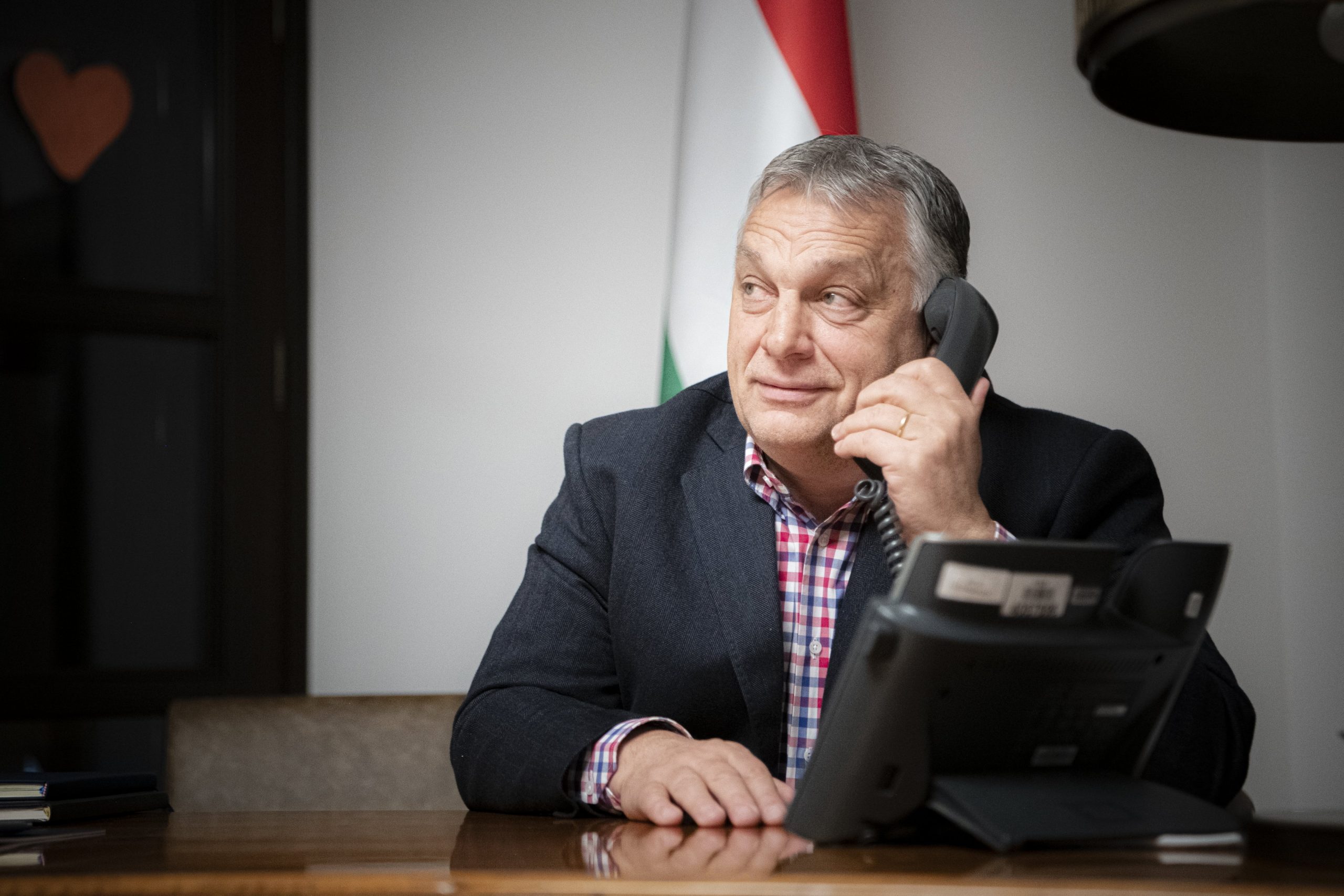
Prior to the press conference, Mr. Orbán attended a working lunch with Macedonian Prime Minister Nikola Gruevski, the leader of the right-wing opposition, and former Slovenian Prime Minister Janez Janša, Chairman of the opposition, middle-right Slovenia Democratic Party (SDS).
Prime Minister Orbán said that modern-day migration is chasing and pushing huge numbers of people towards Europe, and one of the routes along which these tens of millions of people are moving towards the continent is the Balkan migration route. “According to a recent NATO study, 60 million people will be setting out from Africa by 2020, and the majority of them will be making their way for Europe”, he added.
“Closing the Balkan migration route is one of the key factors of European security, in which Macedonia plays a key role”, he stressed. “Let us not allow our lives to be changed (…) we don’t want this”, he declared, highlighting the importance of having an own Hungarian, Macedonian and European way of life.
Mr. Orbán said he was supporting Nikola Gruevski because he is a politician who places the interests of the nation first. “We serve our country when the sun is shining, but also when it’s raining”, the Prime Minister declared.
The Hungarian Prime Minister was referring to the fact that both he and Janez Jansa are European politicians who have both won and lost election, but who continued their political work even after suffering a defeat. Mr. Orbán said he had arrived in Macedonia to have Nikola Gruevski join their “club”, and he was glad that Mr. Gruevski had also decided to remain in public life as a member of the opposition rather than moving into the private sector. This is rare in Europe, he added.
Mr. Orbán told the press that at the working lunch he had reported on the fact that on Thursday evening the leaders of EU member states will be holding a non-official debate on the future of Europe based on the proposal of the French President. “It is important to speak about this here because eventually Macedonia will also become a member of the community; the future of the EU is also the future of Macedonia”, he emphasised.
Referring to the upcoming local elections in Macedonia on 15 October, Mr. Orbán said that Macedonia is an important country and every Macedonian election also constitutes a European election. “The borders of the European Union currently do not run along Europe’s cultural borders. Macedonia is still a part of Europe, even if it is not yet a member of the EU”, he underlined, adding: “Hungary supports Macedonia’s EU accession at the earliest opportunity”.
Hungary wants the community to expand in the direction of the Balkans, and this requires success stories, he said, explaining that while Nikola Gruevski was Prime Minister, Macedonia was a success story, and Macedonia only has a chance of EU membership if this success story continues.
“The European People’s Party expects Macedonia’s municipal elections to be fair”, Mr. Orbán stressed.


